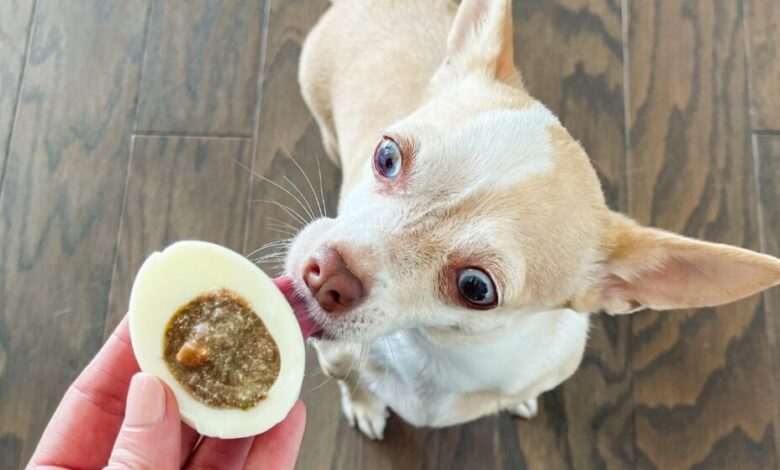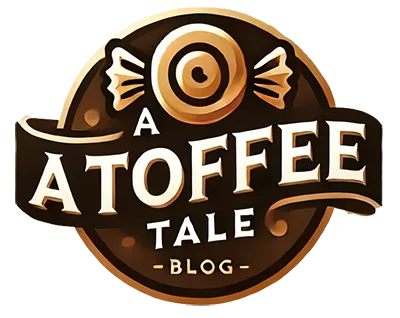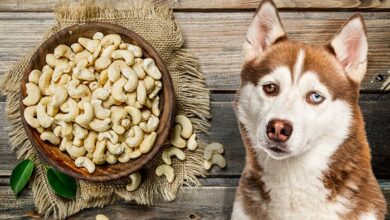Can Dogs Eat Deviled Eggs? Pros and Cons Explained-2024

Can Dogs Eat Deviled Eggs? What are deviled eggs? They’re a classic dish made from hard-boiled eggs, where the yolks are mixed with mayonnaise, mustard, and spices. Often garnished with paprika, salt, and sometimes pickles or onions, these bites are popular at parties and gatherings.
But when it comes to our furry companions, we need to ask: is it safe for dogs? In this article, we’ll explore the ingredients in deviled eggs and discuss whether sharing this tasty treat with your dog is a good idea. Let’s find out! So, let’s briefly discuss that-can dogs eat Deviled Eggs?
Pros of Feeding Eggs to Dogs-Can Dogs Eat Deviled Eggs?
Eggs can be a nutritious addition to your dog’s diet when prepared correctly. You might wonder, can dogs eat eggs? The answer is yes, especially when they’re plain and cooked. Let’s dive into the benefits of feeding eggs to your furry friend.
Nutritional Benefits
- High in Protein: Eggs are an excellent source of protein, which is essential for your dog’s muscle development and overall health.
- Rich in Vitamins: They contain vital vitamins, including:
- Vitamin A: Supports vision and immune function.
- Vitamin D: Important for bone health and calcium absorption.
- Healthy Fats: Eggs provide healthy fats that contribute to your dog’s energy levels and overall wellness.
Good for Coat and Skin
- Essential Fatty Acids: Eggs are packed with omega-3 and omega-6 fatty acids, which help maintain healthy skin and a shiny coat.
- Promotes Skin Health: Regularly including eggs in your dog’s diet can reduce skin issues and improve their coat’s appearance.
Digestibility
- Easy to Digest: Plain, cooked eggs are generally easy for most dogs to digest. This makes them a good option for dogs with sensitive stomachs.
- Enjoyable Treat: Many dogs find eggs delicious, making them an excellent occasional treat to add variety to their diet.
Can Dogs Eat Deviled Eggs? Feeding your dog plain, cooked eggs can offer numerous benefits, including nutritional support, improved coat health, and digestibility. Just remember to serve them in moderation and avoid any added ingredients that could harm your dog. Always check with your veterinarian before introducing new foods to your dog’s diet to ensure they stay healthy and happy!
Cons of Deviled Eggs for Dogs
While you may enjoy deviled eggs as a tasty snack, you might be wondering, can dogs eat deviled eggs? The answer leans toward no, mainly due to the potential risks associated with the ingredients. Let’s explore the downsides of feeding deviled eggs to your dog.
High in Fat
- Mayonnaise Content: Deviled eggs typically contain mayonnaise, which is high in fat. This can lead to:
- Obesity: Regularly consuming high-fat foods can contribute to weight gain in dogs.
- Pancreatitis: Excess fat can irritate your dog’s pancreas, leading to a painful and serious condition known as pancreatitis.
Spicy Ingredients
- Digestive Irritants: Many deviled egg recipes call for mustard, paprika, or other spices. These can be problematic because:
- Stomach Upset: Spicy ingredients may irritate your dog’s stomach, causing vomiting or diarrhea.
- Discomfort: Even small amounts can lead to digestive distress and discomfort for your furry friend.
Onions or Garlic (if included)
- Toxicity Risks: Some recipes include onions or garlic, both of which are highly toxic to dogs. The potential dangers include:
- Damage to Red Blood Cells: Onions and garlic can cause oxidative damage, leading to anemia.
- Severe Health Issues: Even small amounts can result in serious health complications, requiring veterinary attention.
Can Dogs Eat Deviled Eggs? While eggs themselves can be beneficial for dogs, deviled eggs pose several risks. The high fat content from mayonnaise, the potential irritants from spices, and the toxicity of onions and garlic make them unsafe for your canine companion. Always prioritize your dog’s health and well-being by sticking to safer, plain egg options!
Potential Health Risks from Deviled Eggs
If you’re considering sharing your delicious deviled eggs with your dog, it’s crucial to understand the potential health risks. While they may be a delightful treat for humans, deviled eggs can pose several hazards for our furry friends. Here’s what you need to know about the risks associated with feeding deviled eggs to dogs.
Digestive Distress
- Vomiting and Diarrhea: The spices and fatty ingredients in deviled eggs can upset your dog’s stomach. Common reactions include:
- Stomach Upset: Your dog may experience discomfort, leading to vomiting or diarrhea.
- Bloating: The rich ingredients may cause bloating and general unease.
Long-term Effects
- Weight Gain: Regularly feeding your dog deviled eggs can lead to:
- Obesity: The high fat content from mayonnaise can contribute to unwanted weight gain.
- Pancreatitis: Over time, a high-fat diet can lead to pancreatitis, a painful condition that requires immediate veterinary care.
Toxicity Symptoms
- Onion and Garlic Risks: If deviled eggs contain onions or garlic, the risks increase significantly:
- Toxicity Symptoms: Ingesting these ingredients can lead to lethargy, weakness, and more severe health issues.
- Blood Cell Damage: Onions and garlic can cause oxidative damage to red blood cells, leading to anemia.
While sharing your food can be tempting, can dogs eat deviled eggs? The answer is a resounding no. The potential health risks, including digestive distress, long-term weight issues, and toxicity, far outweigh any temporary enjoyment your dog might experience. Always opt for dog-safe alternatives to keep your furry friend healthy and happy!
Alternatives to Deviled Eggs for Dogs
Can Dogs Eat Deviled Eggs? If you’re wondering about safer options for your furry friend, it’s important to know that there are many alternatives to deviled eggs that can provide similar enjoyment without the risks. Here are some healthy and dog-friendly alternatives you can consider:
Plain Eggs
Boiled or Scrambled Eggs:
- Plain Preparation: Offer your dog plain boiled or scrambled eggs without any seasoning or additives.
- Nutritional Benefits: These eggs are high in protein and essential nutrients, making them a healthy treat.
Dog-Safe Treats
Egg-Based Dog Treats:
- Specially Designed: Look for commercially available dog treats that contain eggs as a primary ingredient. These treats are formulated to be safe and beneficial for canine health.
- Quality Ingredients: Ensure the treats are made from wholesome ingredients without harmful additives.
Moderation is Key
Occasional Treats:
- Small Portions: When offering eggs, keep portions small. Treats should only be a small part of your dog’s overall diet.
- Balance is Essential: Incorporate plain eggs as an occasional snack rather than a regular part of their meals to maintain a balanced diet.
When considering can dogs eat deviled eggs? the answer is clear: it’s best to avoid them due to the potential health risks. Instead, opt for plain eggs or specially made dog treats to provide a tasty and safe alternative for your canine companion. Always prioritize moderation and consult your veterinarian if you’re unsure about introducing new foods into your dog’s diet.
Final Thoughts: Should You Feed Deviled Eggs to Your Dog?
When it comes to the question of can dogs eat deviled eggs? the answer leans toward a cautious “no.” While deviled eggs might be a tasty snack for humans, the added ingredients like mayonnaise, mustard, and various spices can pose health risks for your furry friend. These components can lead to gastrointestinal upset and other health issues, making deviled eggs less than ideal for canine consumption.
Can Dogs Eat Deviled Eggs? Instead, it’s best to stick with plain, cooked eggs, which offer plenty of nutritional benefits without the potential dangers. These eggs provide protein and essential nutrients that can support your dog’s overall health. Always consult your veterinarian before introducing any new foods into your dog’s diet, especially if they have specific dietary restrictions or health concerns. By being mindful of what you feed your dog, you can ensure they stay happy and healthy!




